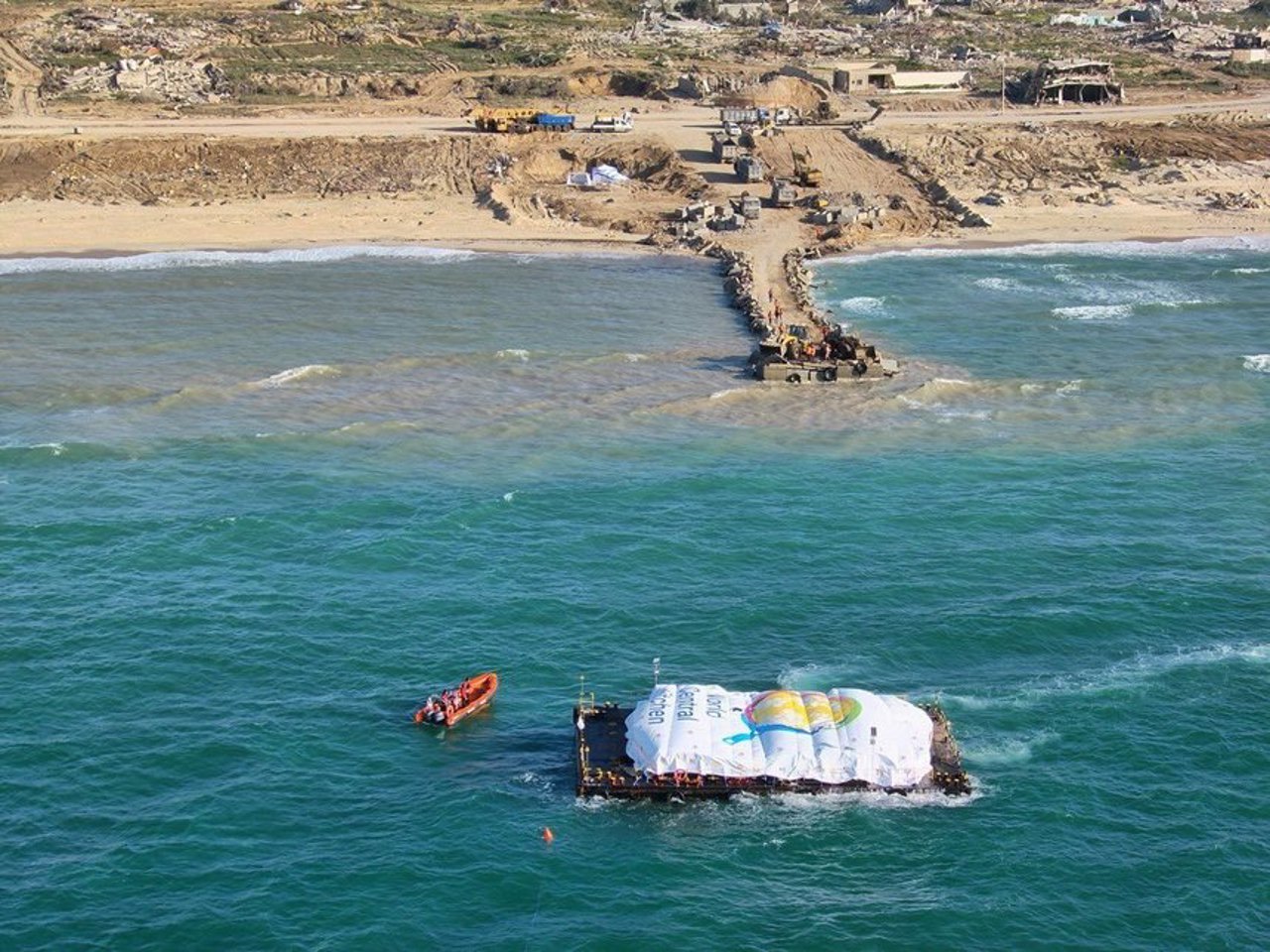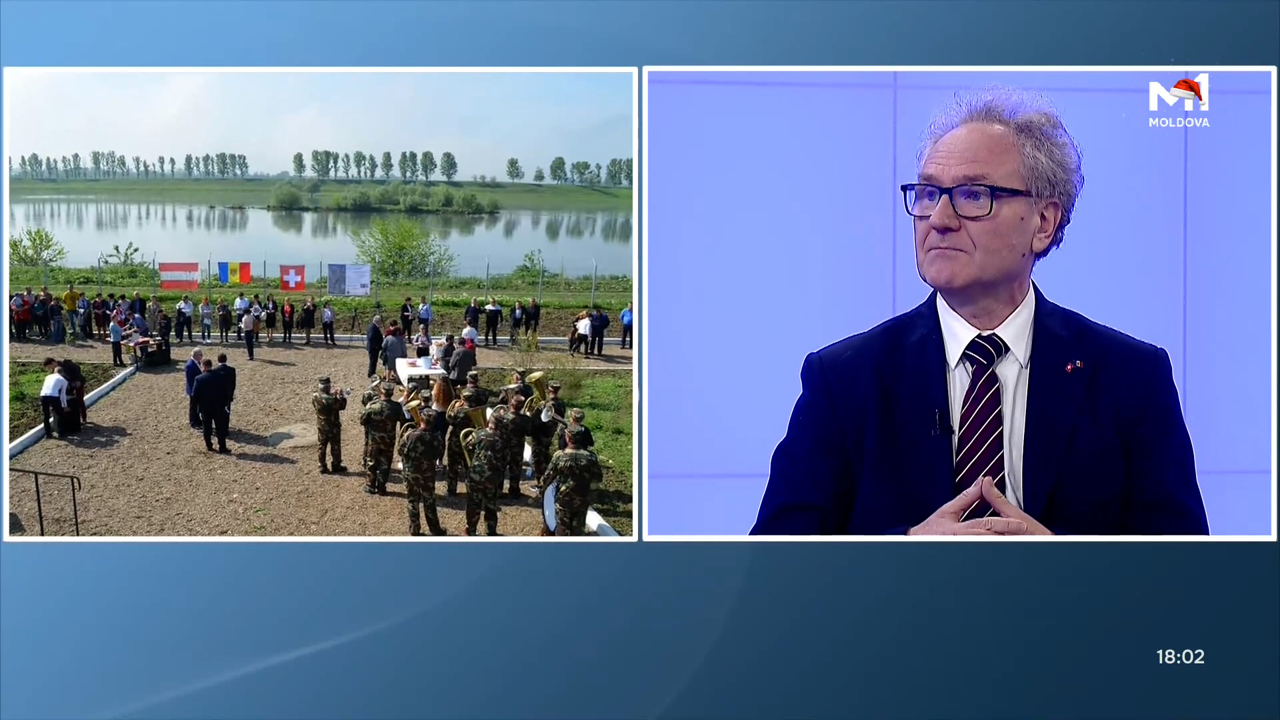UN Warns of Imminent Famine in Gaza: Israel's Role Debated
The first ship that towed a barge of humanitarian aid to Gaza has successfully unloaded the supplies onshore, as reported by news.ro.

Departing from Cyprus on Tuesday, the Spanish vessel Open Arms carried 200 tons of crucial food supplies destined for Gaza, a region deemed by the UN to be on the brink of famine.
This marks the initiation of an evaluation process to assess the effectiveness of maritime deliveries, following challenges encountered with aerial and land deliveries.
World Central Kitchen (WCK), the organisation responsible for supplying the food, collaborated with the United Arab Emirates (UAE) to transport the barge's cargo, including rice, flour, legumes, canned vegetables, and protein supplies.
José Andrés, the founder of WCK and a renowned chef, announced on X (formerly Twitter) that all the food aid from the barge had been successfully loaded onto 12 trucks. "We did it!" he exclaimed, indicating that this served as a trial to assess the possibility of delivering even larger quantities of aid in subsequent shipments - potentially reaching "thousands of tons per week."
According to a statement, Israel reported that the Open Arms ship and its cargo underwent inspection in Cyprus, and Israeli Defense Forces (IDF) troops were dispatched to ensure shore security. Teams laboured through the night to offload the aid. This delivery has been eagerly awaited since the vessel set sail from the port of Larnaca on Tuesday.
Additionally, the US intends to construct its own floating dock off the coast to enhance maritime deliveries. The White House asserts that it could potentially facilitate the daily entry of two million food portions into Gaza. However, logistical concerns remain, especially as a military vessel is en route with necessary equipment for dock construction.
Military activities have significantly impeded aid distribution, and food production in Gaza has suffered severe consequences, with farms, bakeries, and factories either destroyed or inaccessible.
The quickest and most effective method of receiving aid on the ground is via land, but humanitarian organisations assert that Israeli restrictions result in only a fraction of the required aid being delivered.
The World Food Programme had to temporarily halt land deliveries following attacks and looting of convoys. Tragically, an aerial drop proved fatal last week, resulting in the loss of five lives.
The UN has cautioned that famine in Gaza is "almost inevitable" without immediate intervention, while EU foreign policy chief Josep Borrell has accused Israel of exacerbating the crisis and weaponizing famine.
Israel has vehemently refuted allegations of responsibility for the food shortage in Gaza, citing its facilitation of aid transit through two southern crossing points. It has instead attributed logistical failures to aid agencies.
Translation by Iurie Tataru





